Real estate bookkeeping refers to the process of recording, organizing, and managing the financial transactions related to real estate properties. It involves tracking property income and expenses, recording property acquisitions and sales, managing mortgages and loans, calculating property depreciation, handling day-to-day operating expenses, and ensuring accurate tax records. Proper bookkeeping plays an important role in a real estate business as it ensures transparency to stakeholders. Due to its complexities, many professionals use specialized software or hire experts in the field.
Key takeaways:
- Effective real estate bookkeeping provides you with a clear financial overview of your assets and makes informed decisions.
- You should retain all papers related to property transactions for at least 7 years as suggested by the IRS.
- If you have mortgages, remember to distinguish between interest (recorded as an expense) and principal (reduces the loan balance) in your books.
Why Bookkeeping is Important in Real Estate
Bookkeeping is crucial in real estate for several reasons:
- Asset Management: Real estate is a long-term investment, and good bookkeeping allows you to track the appreciation or depreciation of property values over time. This information is valuable for making strategic decisions about holding, selling, or reinvesting in properties.
- Cash Flow Management:Real estate bookkeeping often involves cyclical cash flows, especially in rental properties where there are periods of vacancy. Proper bookkeeping helps in tracking cash inflows and outflows, ensuring that there’s enough liquidity to cover expenses.
- Property Management: If you own or manage multiple properties, good bookkeeping is essential for tracking income and expenses associated with each property. This allows you to assess the profitability of individual properties, make informed decisions regarding property improvements, and identify potential issues early on.
- Securing Financing: If a real estate investor or developer wants to secure financing or a loan, financial institutions will require detailed financial records to assess the viability of the investment.
- Legal Protection: Proper bookkeeping ensures that all transactions are transparent and traceable. In the case of legal disputes, having detailed financial records can be crucial evidence.
What to Track in Real Estate Bookkeeping
Real estate bookkeeping and accounting are incredibly important in several contexts.
A strong accounting foundation is relevant whether you sell small properties as a hobby or facilitate property management services and generate millions of dollars. Although the scale of each one is different, the underlying habits are similar.
The list below highlights some of the basic things you should track, regardless of whether your operations are just getting started or have built considerable traction.
Income From Commissions
Real estate agents generate income from property sales and commissions associated with each closed deal. As the primary source of income, it’s vital that real estate bookkeepers accurately track, monitor, and report all incoming sources of cash from these sources. Keep track of these numbers in your accounting system of choice to keep things simple.
Association Fees and Expenses
Depending on employment status, real estate agents may be required to share some of their commission as a percentage with a brokerage or firm. This amount is considered an expense. Additionally, real estate bookkeepers often pay membership fees to associations and other national organizations, which may count as deductions.
Real Estate License Costs
Maintaining a real estate license costs money in the form of renewals and continuing education classes. Consider these costs as necessary expenses, and make sure your accountant can include these amounts in your costs for the year.

Related Expenses
For real estate bookkeeping, this could include property management fees, repairs & maintenance costs, travel, property taxes, insurance premiums, and mortgage interests. Keeping a close eye on these expenses is a smart money move and a great way to understand and improve your cash flow and profits.
Marketing Expenses
Marketing and advertising are how you inform the community about the services you offer. These expenses can include:
- Website design and development
- Social media management
- Print and newspaper advertisements
- Online and digital advertisements
- Business cards
- Event sponsorships
Financial Reports
Regularly review your financial reports, such as income statements, balance sheets, and cash flow statements.
These reports will bring you insights into the financial health of your investments, enabling you to make informed decisions, identify trends, and therefore, maximize your returns.

Tips for Effective Real Estate Bookkeeping
Update your books promptly:
Consistent bookkeeping is essential. Ensure that all records are frequently updated to reduce mistakes and enhance transparency. Given the complexities of bookkeeping, some small businesses might neglect it. If managing these records feels overwhelming, consider outsourcing them to specialized firms to focus on operating your business.
Maintain records of all transactions:
The real estate sector involves significant transactions that require swift and decisive actions. To facilitate smooth operations, it’s crucial to have a flawless transaction record. While tools like Excel or QuickBooks might satisfy the demands of some, others might require more advanced solutions like FreshBooks or Buildium.
Put every cost in an accurate category:
In real estate bookkeeping, there’s a wide range of expenses that require careful record-keeping. It’s crucial to not only note these costs but also to categorize them properly. While hard costs, often making up 70% of project expenses, are clear-cut, the other costs need precise categorization to avoid issues down the line.

Utilize advanced technology for bookkeeping:
In the current digital age, leveraging technology significantly boosts your power. Consider using software such as Expensify or Abacus to handle huge loads of data. Also, apps like Evernote can change the way you store files, moving from paper cabinets to online storage. These tools significantly help smooth out your workflow, minimize minor mistakes, and give quick access to information.
Separate personal and business accounts:
As more families get involved in real estate, it’s easy to mix up business and personal money matters. It’s important to keep them separate to make sure all transactions are noted correctly. Even small costs, such as work-related phone bills, should go through business accounts to avoid mix-ups.
Schedule regular tax review sessions with a CPA:
Periodical meeting with a Certified Public Accountant (CPA) is very helpful. It’s good to check in with them at least twice a year. During these meetings, using your financial records, they can point out possible tax issues, helping you tackle them early on.
The bottom line
Real estate bookkeeping is an important part of financial management in a business as it makes sure that all financial deals are handled carefully. It presents a full picture of how well your real estate investments are doing financially and where they are going. Whether you are in charge of an extensive number of properties or just starting out in real estate, it is very important to keep accurate records of all your financial actions. Using current technology tools and talking to financial experts on a regular basis can make this process even more accurate and useful. To put it simply, good bookkeeping is not just an administrative job in the real estate business; it’s a critical must.
FAQ
What records should I keep, and for how long?
In real estate bookkeeping, maintaining accurate and organized records is crucial. You should keep records related to property transactions, including rental income and expenses, lease agreements, rent receipts, utility bills, maintenance costs, and bank statements. These records are essential for tax purposes and to assess the financial health of your real estate investments. It’s advisable to retain these records for at least 7 years, as this is the IRS’s typical timeframe for tax audits.
Read more: Learn how to simplify bank reconciliation with our expert guide. Learn the process, identify common errors, and ensure your finances are accurate and flawless.
What’s the best way to track multiple properties in my bookkeeping?
For individuals having a portfolio of multiple real estate properties, effective organization is key. One of the best practices is to use accounting software or spreadsheets. Create separate accounts or worksheets for each property. This allows you to categorize income and expenses by property, making it easier to assess the profitability of each investment in the long run. By having a clear and separate record for each property, you can track performance and make informed decisions.
Should I account for property value appreciation in my bookkeeping?
While property value appreciation is important for assessing your overall real estate portfolio’s performance, it is not typically included in day-to-day bookkeeping. Instead, it’s advisable to maintain a separate record for tracking property values over time. Appreciation is considered more of a long-term financial planning and assessment tool rather than a part of your daily or monthly bookkeeping activities.
How should I handle mortgages in real estate bookkeeping?
Handling mortgages in your real estate bookkeeping involves recording mortgage payments accurately. There are two main components of each mortgage payment: interest and principal. The interest portion is recorded as an expense, while the principal portion reduces the loan balance, which you should also account for. It’s essential to keep track of all mortgage-related documents, including the terms of the loan, interest rates, and amortization schedules. These details are very important for accurate financial reporting of the financial health of your real estate investments.
>>People also read:
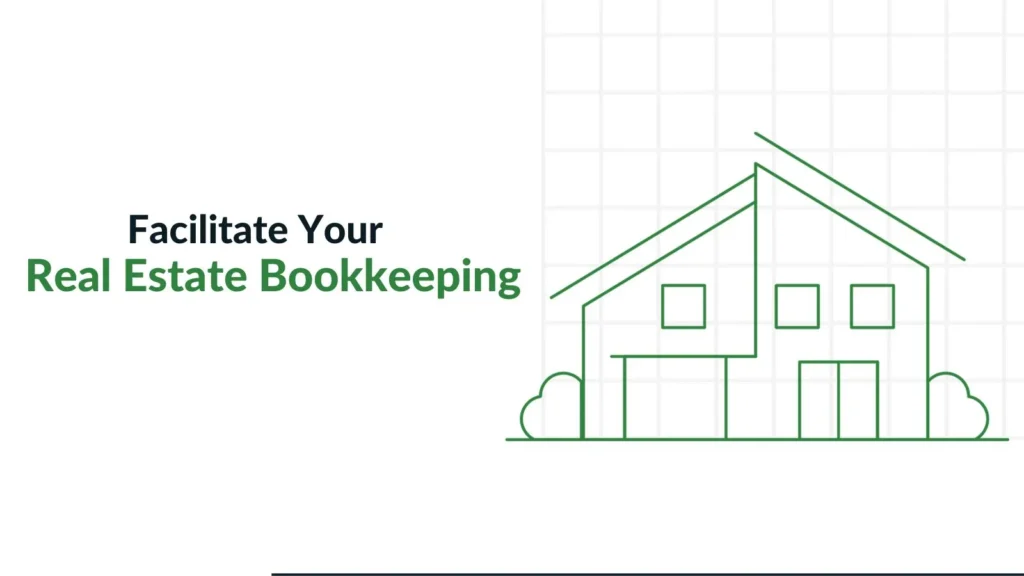




















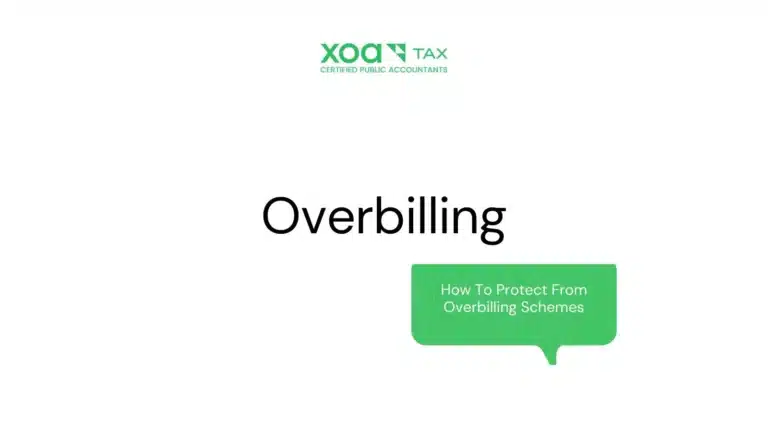



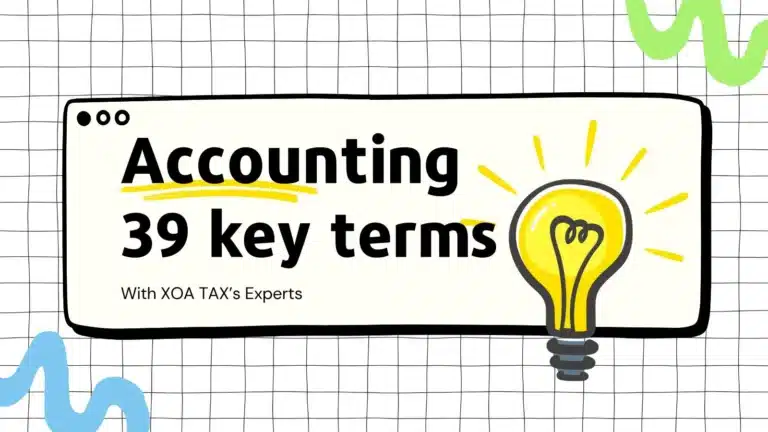


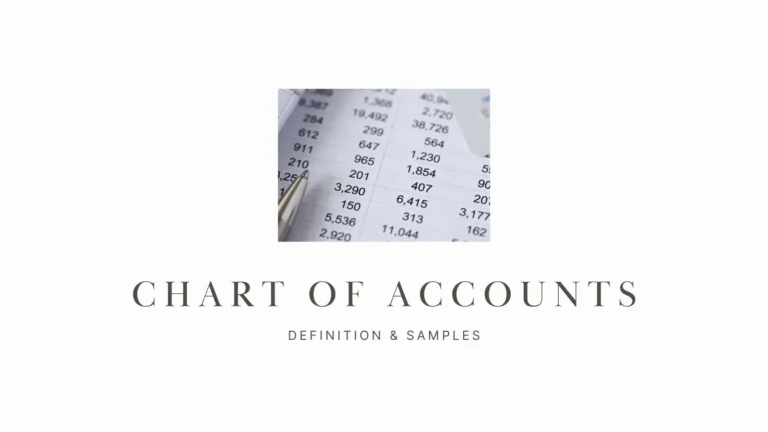








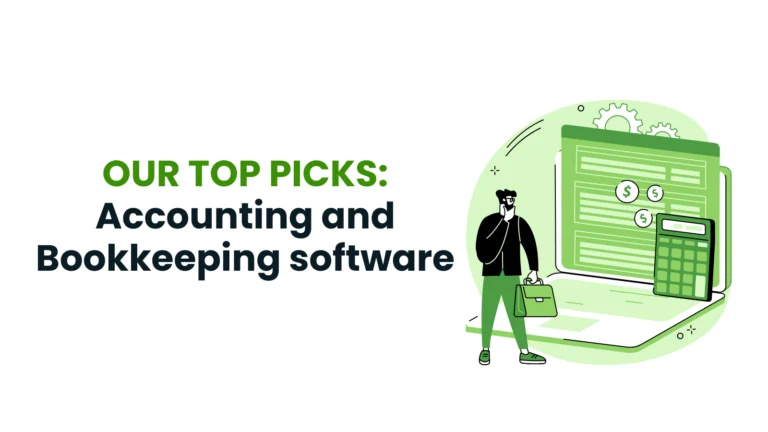
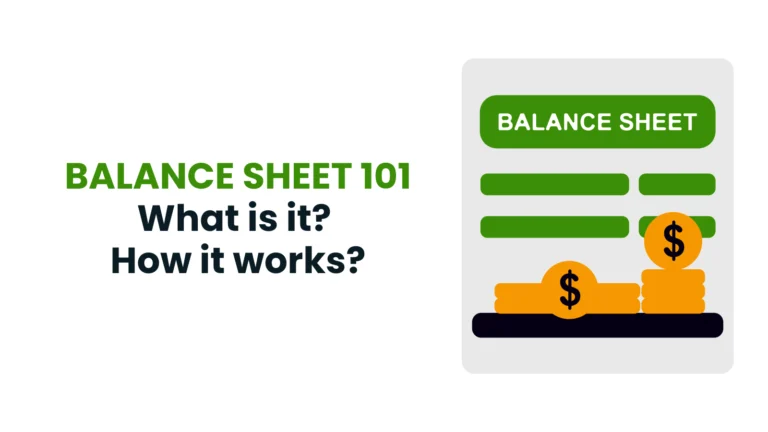

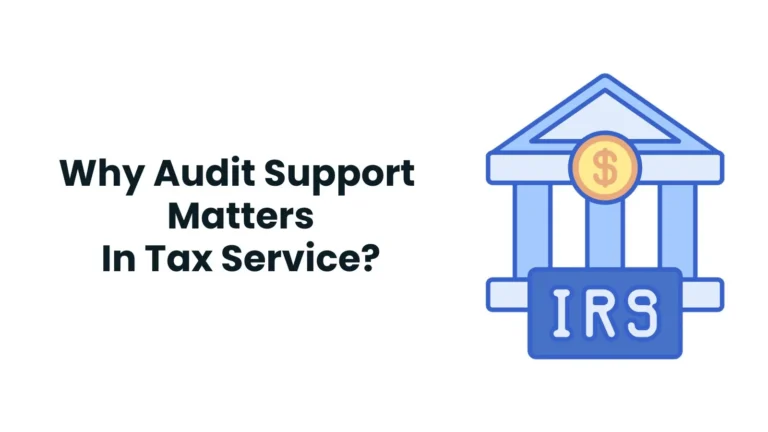

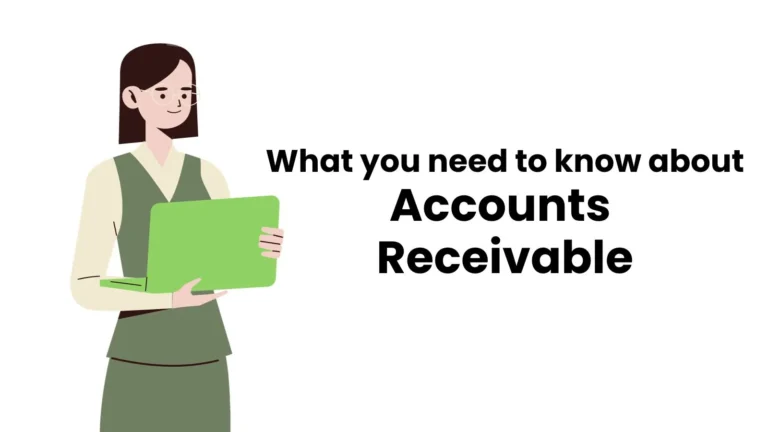


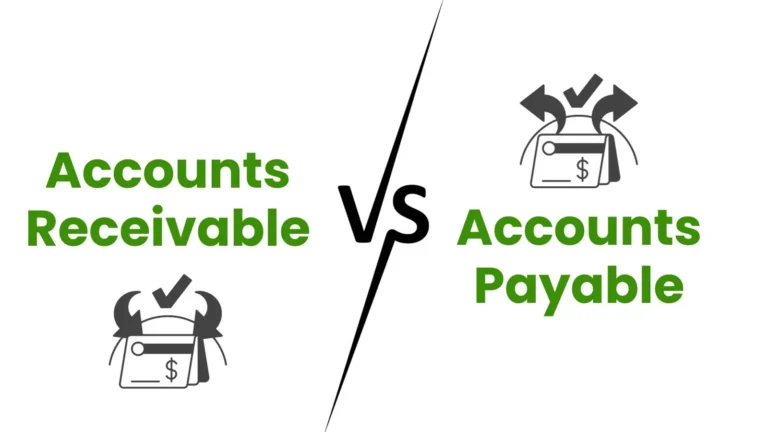



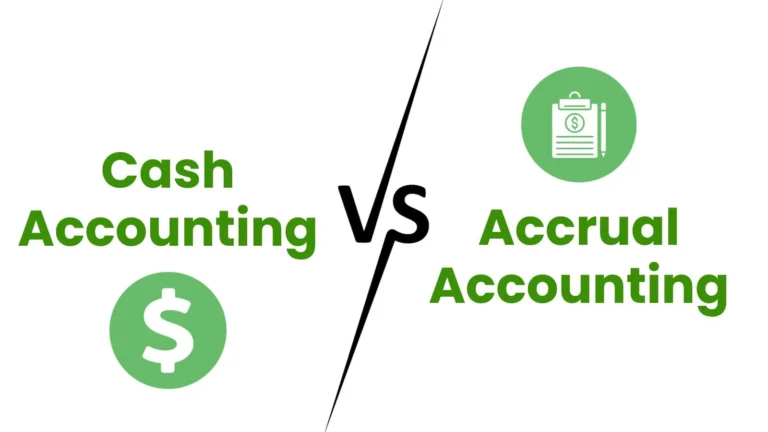
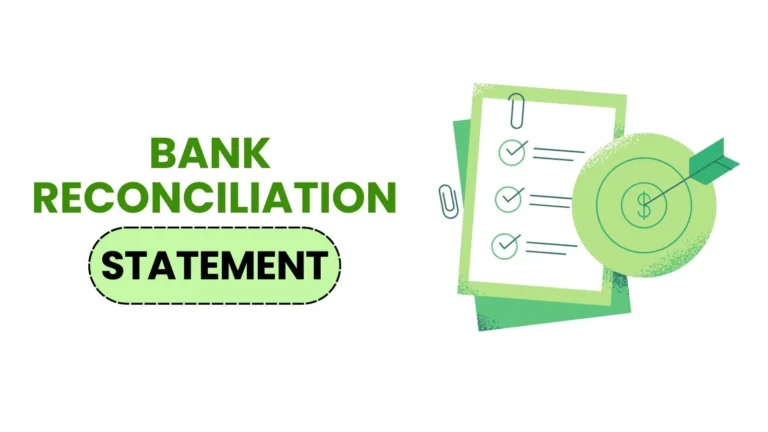
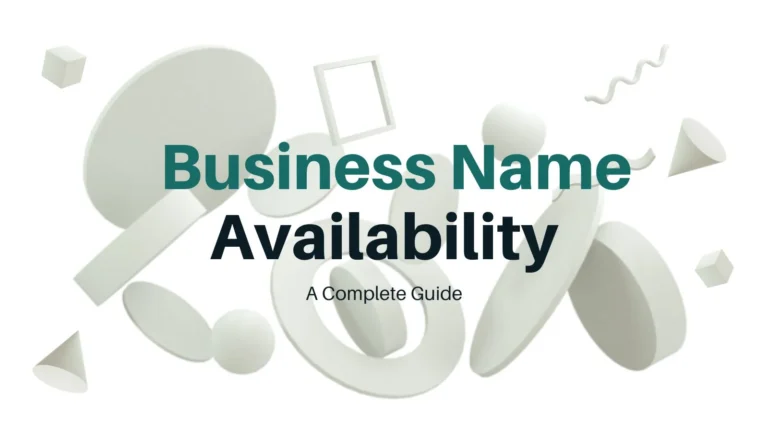


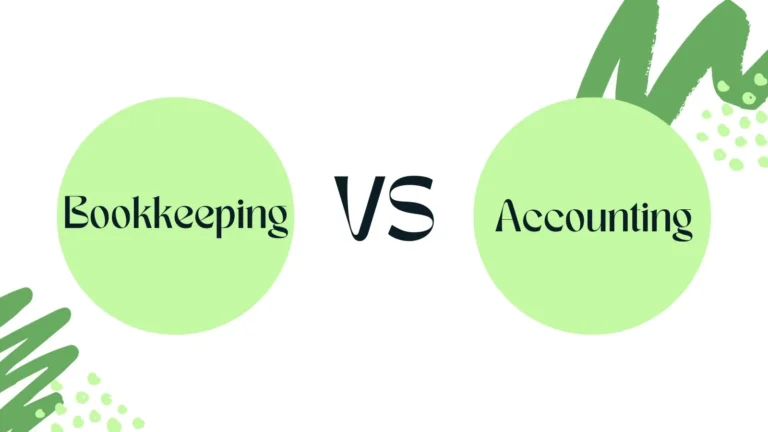

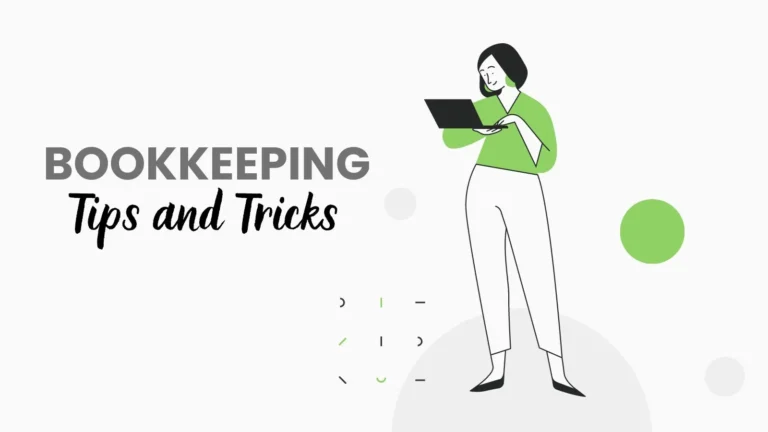





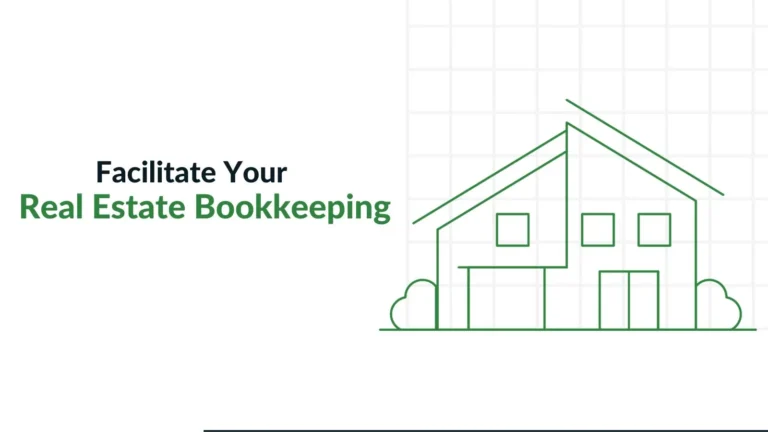

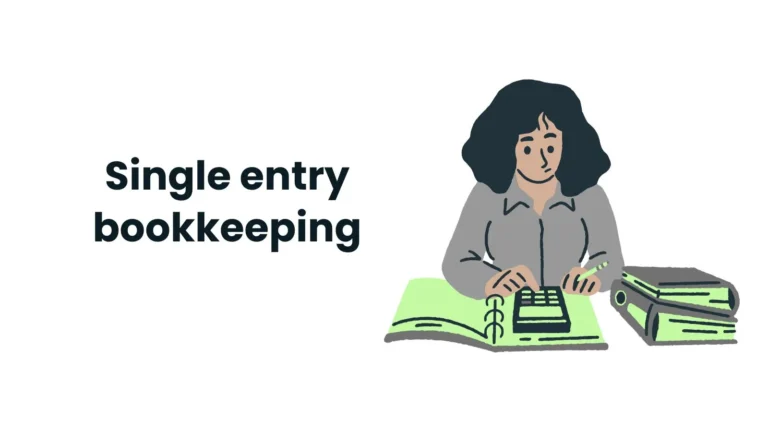




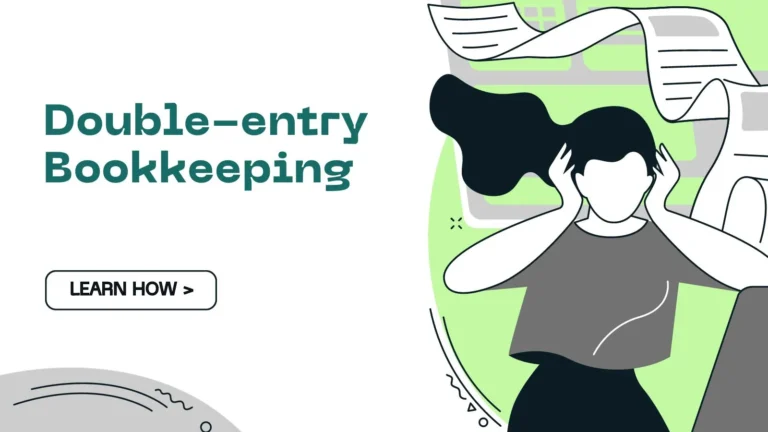


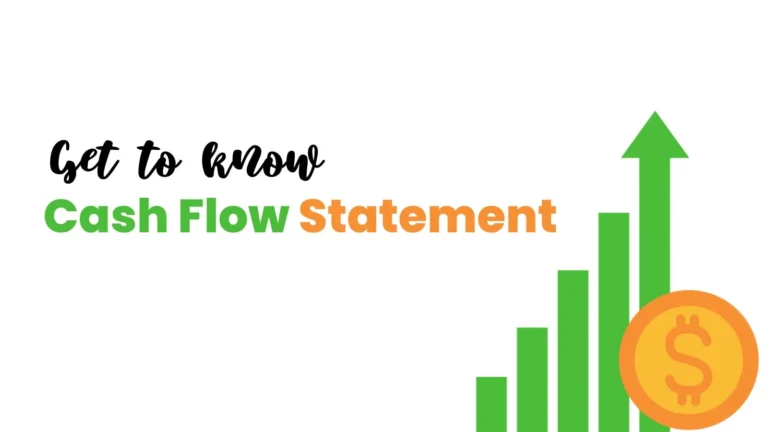
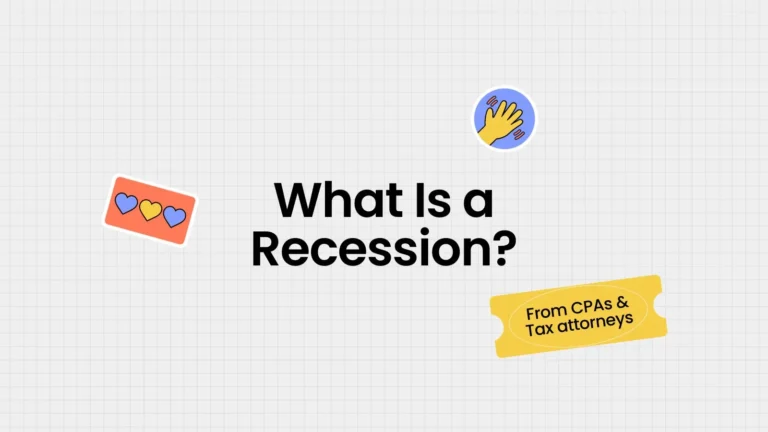


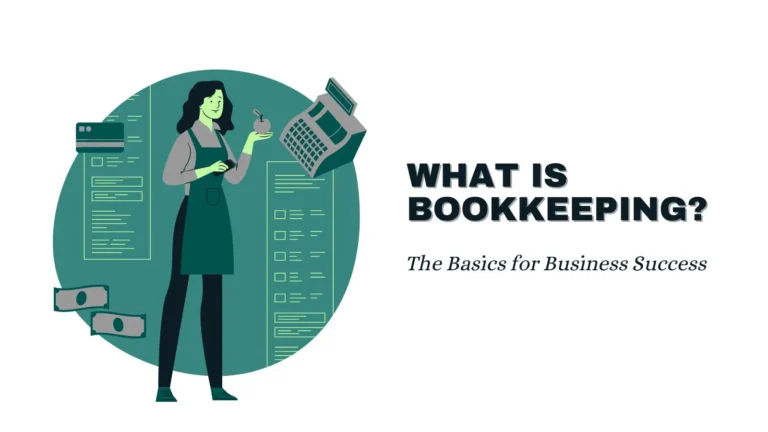





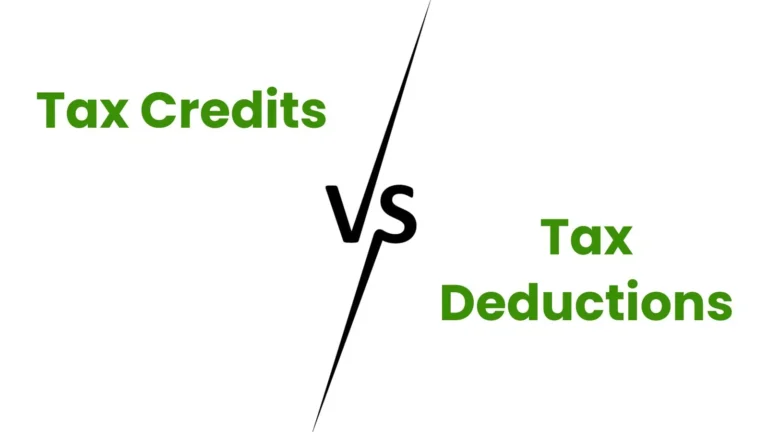
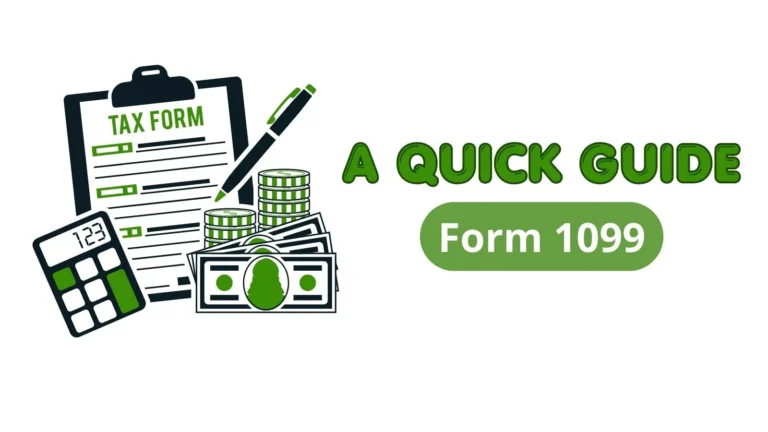
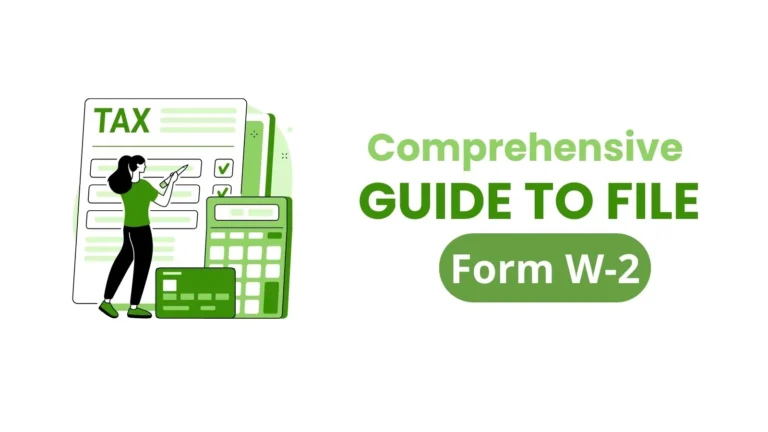
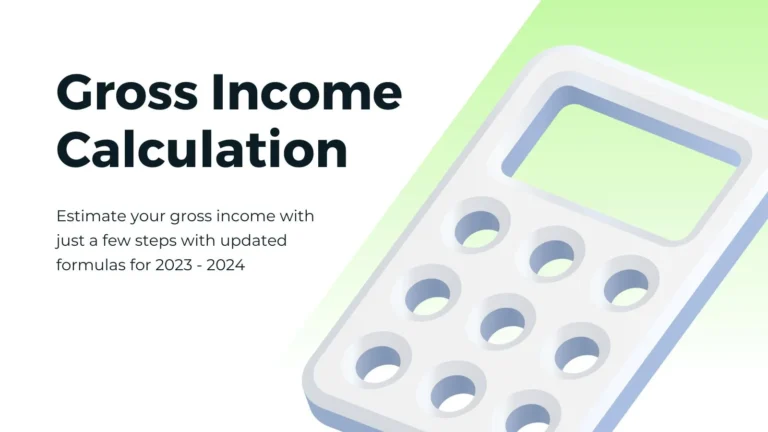
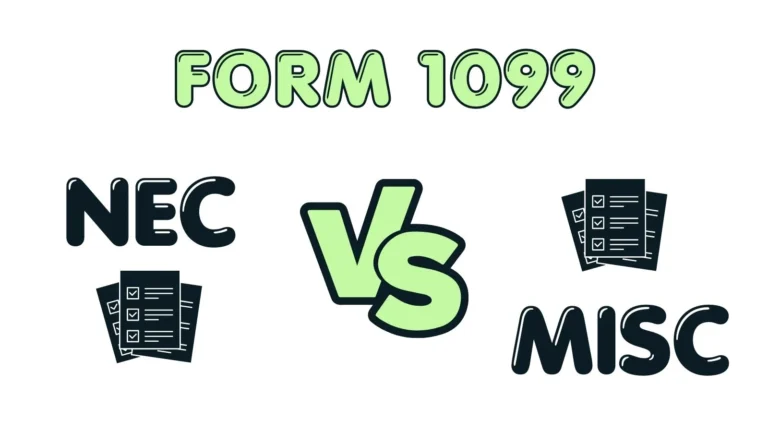




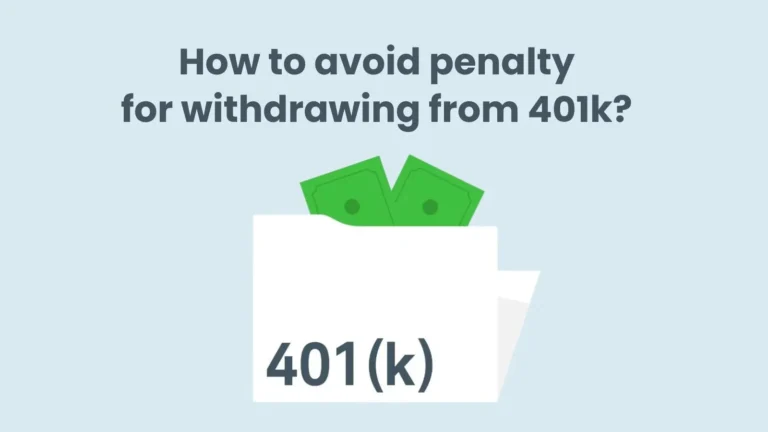

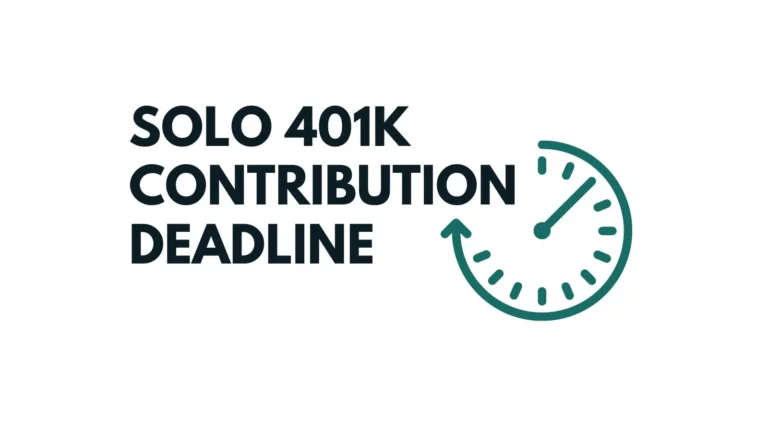






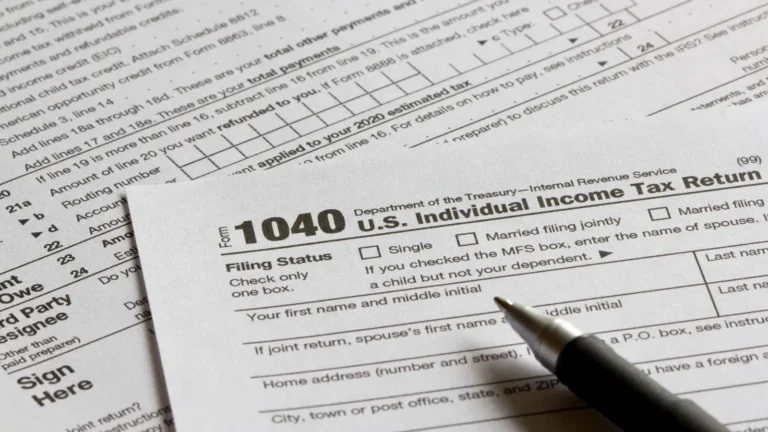
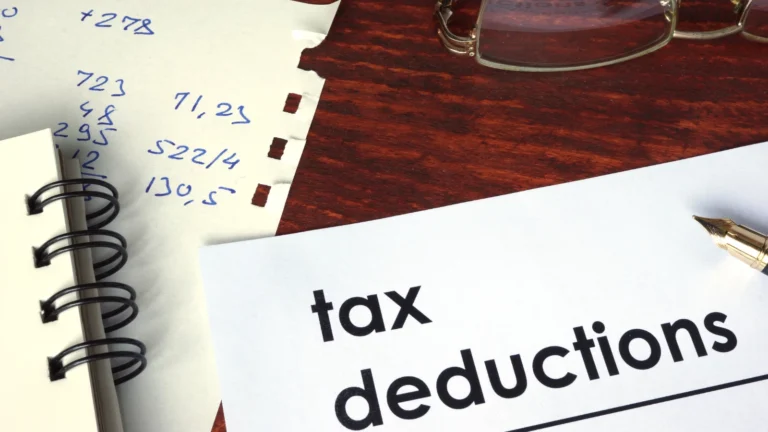




 anywhere
anywhere  anytime
anytime
5 Responses
Just read the blog on real estate bookkeeping and it’s a total lifesaver! As a new property investor, this guide is exactly what I needed. The tips on tracking income and expenses are super helpful. 🏡💼
Solid bookkeeping tips. 👍
ve been using XOA TAX for my real estate bookkeeping and payroll, and it’s been a game-changer! Their expertise really shines through in this blog. Makes handling my property finances so much easier and stress-free. 🌟
Real estate bookkeeping? Sounds like a snooze fest, but this blog actually made it kinda cool. Gotta keep those numbers tight if I wanna be the next real estate mogul. 💸🏠 #RealEstateGoals”
Keeping track of multiple properties can be a challenge, but this makes it seem more manageable.